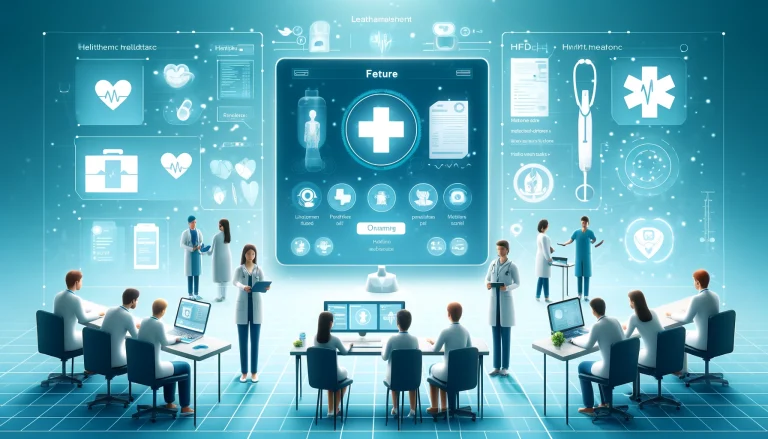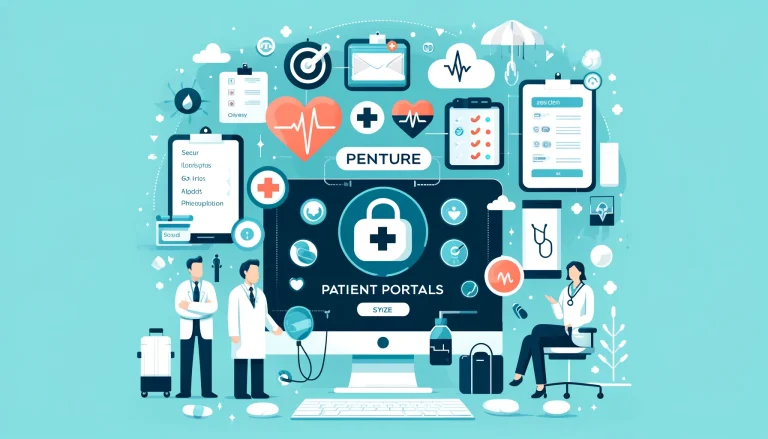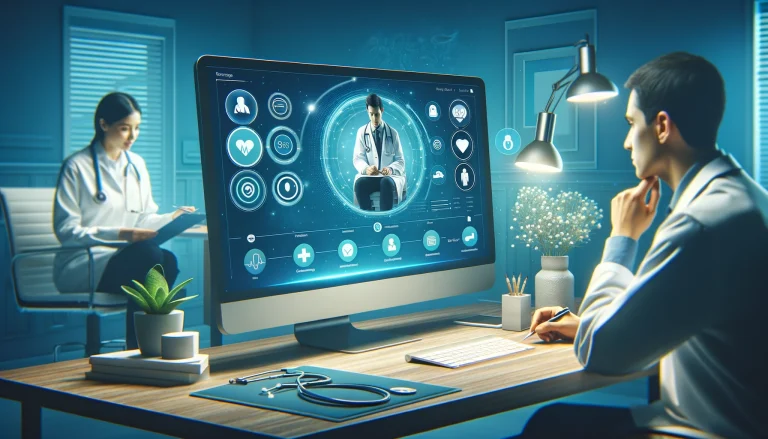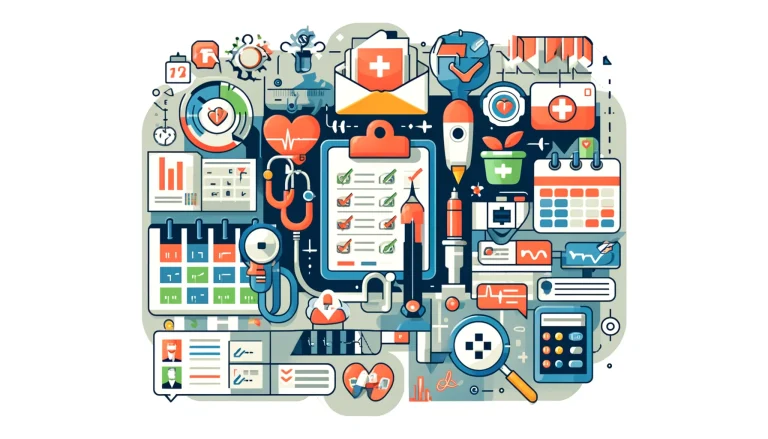
Electronic Health Record (EHR) Systems
Electronic Health Record (EHR) systems are digital versions of patients’ paper charts that contain their medical history, diagnoses, medications, treatment plans, immunization dates, allergies, radiology images, and laboratory test results. These systems are designed to streamline healthcare workflows, improve patient care coordination, enhance clinical decision-making, and facilitate communication among healthcare providers. Here are some key features and benefits of EHR systems:




